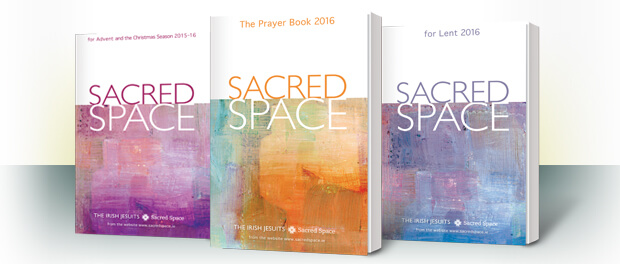 Lent originally meant “springtime,” and so we can view it as a springtime for the spirit. It is a time also to spring clean the cave of our hearts!
Lent originally meant “springtime,” and so we can view it as a springtime for the spirit. It is a time also to spring clean the cave of our hearts!
Whatever the variations in the practice of Lent over the last 2,000 years, the main issue is whether Lent helps me to become more aware of how I stand in relation to God and my neighbor. The ancient practices designed to achieve these goals were fasting, almsgiving, and prayer. The call to fast makes me focus on the affairs of the spirit rather than of the body. The call to almsgiving makes me more alert to my needy neighbor. The call to prayer nourishes my relationship with God, and especially with Jesus in his Passion. What about fasting? There are many little things I can perhaps do without. The point is that the shock to the system should lead to a deeper sense of what God may want of me!
Jesus warns us against trying to attract notice when we fast or pray or give alms (Matthew 6). The simple act of washing off the ashes on Ash Wednesday is understood in some Christian circles as a reminder of Jesus’ admonition to look joyous! Lent is a “joyful season.”
—Excerpted from Sacred Space for Lent 2016 by the Irish Jesuits

“The call to fast makes me focus on the affairs of the spirit rather than of the body. The call to almsgiving makes me more alert to my needy neighbor. The call to prayer nourishes my relationship with God, and especially with Jesus in his Passion. “-very timely reminder of why we need to do these, and to remind us to be people for others, and to be contemplatives in action while we pray, fast and give alms